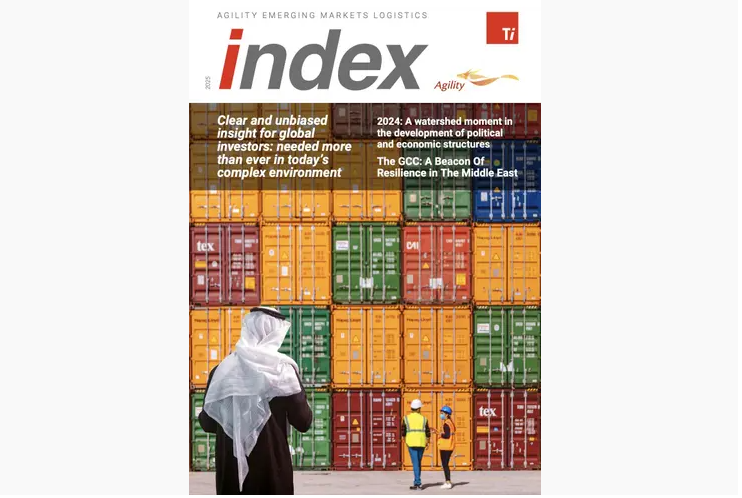The logistics sector is undergoing a significant transformation as businesses prepare for rising costs, potential trade wars, and the looming threat of a global economic downturn. According to a recent survey by Agility, over 62% of logistics professionals have redesigned their supply chains to mitigate risks from inflation, trade protectionism, and geopolitical uncertainties.
The findings, part of Agility’s 2025 Emerging Markets Logistics Index, underscore the challenges facing the logistics industry as it navigates a turbulent global landscape. The survey of 567 logistics executives highlights growing concerns about rising tariffs, particularly following expected U.S. tariff hikes and an influx of Chinese exports. Nearly 55% of respondents consider a global recession either likely or certain, with 82% acknowledging the significant impact of tariffs and other protectionist policies on their operations. Additionally, 72% reported an increase in risks from emerging markets over the past year.
“There is a general sense of wariness and uncertainty in the industry, as shippers, carriers, and logistics providers grapple with the geopolitical factors that drive up costs and disrupt trade flows,” said Tarek Sultan, Vice Chairman of Agility. “Businesses are re-evaluating their production strategies and investment plans, seeking more resilient pathways for growth in an increasingly volatile market.”
The Agility Emerging Markets Logistics Index, now in its 16th year, provides a snapshot of global supply chain sentiment and ranks 50 countries based on their competitiveness in logistics. The Index measures factors such as business climate, logistics infrastructure, and digital readiness. In the face of rising global risks, the rankings reflect a mix of stability at the top and volatility further down the list.
The United Arab Emirates (UAE), Saudi Arabia, and other Gulf nations have emerged as resilient hubs for global trade, with significant investments in infrastructure, AI, and workforce development. The Index highlights these countries as “beacons of stability” in an otherwise unpredictable global market.
The survey also highlights the shifting dynamics of global production. A growing number of companies are planning to relocate production or sourcing out of China over the next five years, with U.S.-China trade tensions, rising labour costs, and regulatory changes as key factors influencing these decisions. In contrast, Africa remains an area of potential growth, with 35% of logistics professionals planning to increase investment on the continent in 2025.
Despite the heightened risks, the logistics industry is showing a strong commitment to sustainability, with nearly 65% of companies on track to meet their net-zero goals. Companies are increasingly looking to balance growth with environmental responsibility, as climate targets remain central to corporate strategies.
As the global logistics industry faces a new era of economic and geopolitical uncertainty, companies are being urged to adapt quickly and strategically. John Manners-Bell, Chief Executive of Transport Intelligence, stated, “The ability to respond effectively to macroeconomic and geopolitical events will be crucial in shaping the future of the logistics industry. Tariffs and trade wars will force companies to reassess their sourcing and production strategies, and logistics providers must be ready to act.”
As 2025 unfolds, the industry will continue to confront these challenges while seeking innovative solutions to safeguard its operations and maintain resilience in the face of global disruption.




